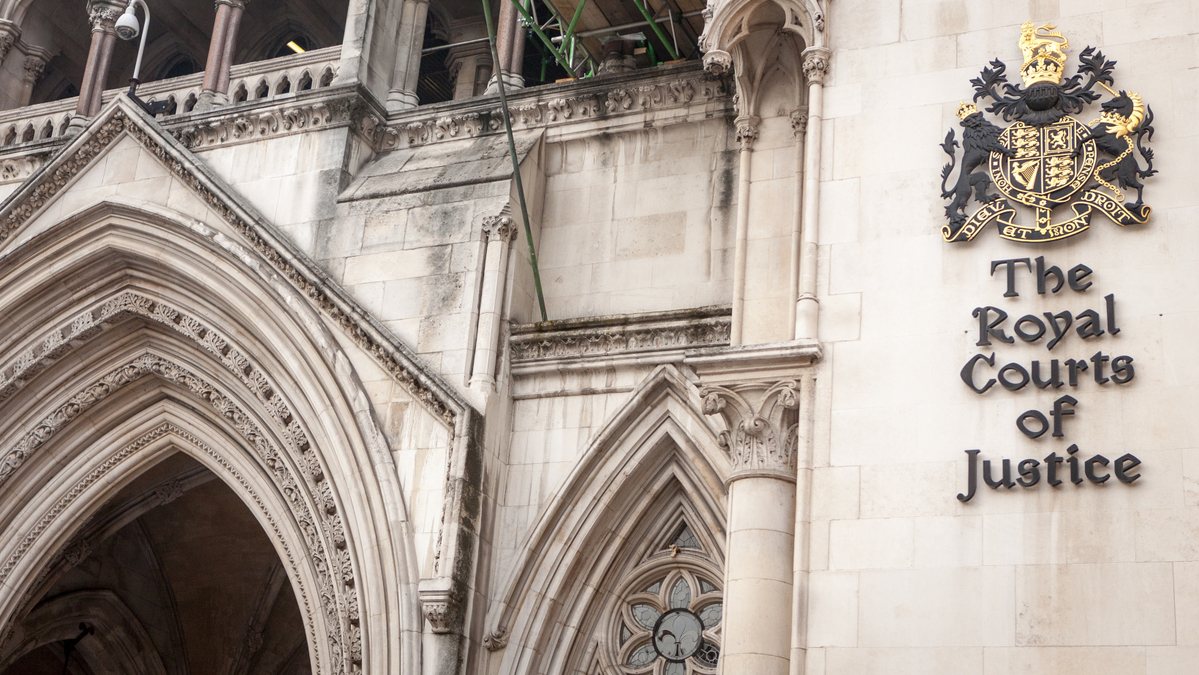Don’t underestimate the red tape behind applying for a skilled worker
It will take time, money, organisation and a lot of paperwork to arrange for a sponsorship licence, say Charlotte Wills and Harry Goldstraw
The problem
Our hotel restaurant has a vacancy for a chef and the perfect candidate has been found. They are a Brazilian national and require a UK visa. We’d like to offer them a job, but we do not have an immigration sponsorship licence.
The law
To sponsor an applicant under the skilled worker route, a company must hold an A-rated sponsor licence with the Home Office. This licence allows companies to issue Certificates of Sponsorship to existing or prospective employees for their visa application. Licenceholders are required to keep stringent records and report on their sponsored workers in line with Home Office guidance.
To apply for a sponsor licence the UK company must meet two main eligibility criteria: genuine business requirement, showing they are a genuine business with an operating or trading presence in the UK; and suitability requirement, demonstrating they have suitable resources and procedures in place to sponsor workers and operate within the immigration rules.
The above must be satisfied by providing various corporate and compliance documents to the UK authorities as part of the licence application. These vary depending on the nature of your business, but could include employers’ liability insurance, registration with HMRC for PAYE, latest annual accounts and evidence that you own or lease your business premises.
There are also three critical roles that must be filled for the licence to be granted. These roles are key in the company’s ongoing compliance obligations and in managing its immigration programme. These are:
Key contact This individual manages the company’s day-to-day immigration programme and is the main liaison between the Home Office and the company. A third party, such as a legal adviser, can assume this role.
Level 1 user This individual carries out transactional work on the licence and must be an employee, partner or director of the UK company. Your key contact can also be your level 1 user.
Authorising officer This must be a UK-based employee or a corporate office-holder who has overall responsibility for the licence and ensuring the company complies with its ongoing sponsor obligations.
Expert advice
Before applying, prospective sponsors must ensure they understand and satisfy the criteria to hold a sponsor licence, as well as the ongoing compliance obligations imposed upon all sponsor licence-holders. As part of the application process, the Home Office may decide to conduct an audit at the sponsor’s premises. In addition, once a sponsor licence has been granted, the Home Office can audit a sponsor at any time, announced or unannounced. The purpose of the audit is for the authorities to assess the employer’s suitability to be a sponsor and its ability to meet its compliance obligations such as:
- Undertaking compliant right to work checks.
- Tracking and monitoring sponsored employees.
- Reporting relevant changes to sponsored employees’ or the business’s circumstances.
- Record-keeping of required documents to evidence the company, as a sponsor, has sufficient processes in place
To-do checklist
Do:
- Check you are considered an eligible sponsor before you embark on the process.
- Consider who will act as your key personnel: your authorising officer (a senior person responsible for the licence), key contact (your main point of contact) and level 1 user (undertakes the day-to-day actions under the licence).
- Check the skill level and salary classification of the role(s) you have in place to ensure the vacancy qualifies as a UK skilled worker.
Don’t:
- Rush the application. Ensure you have all the required documentation, evidence and information in place prior to submission.
- Overlook the often substantial government fees that can accompany a sponsorship.
- Forget the licence will be valid for four years and will then require renewal (renewal is a simpler process than the initial application).
Beware
The documents required can be numerous and onerous for some organisations to gather, so ensure you embark on the process as early as possible to give yourself plenty of time.
Charlotte Wills is a partner and Harry Goldstraw is a senior associate at global immigration firm Fragomen


















